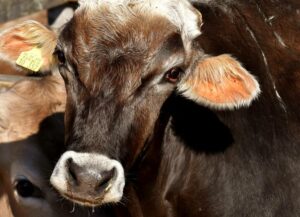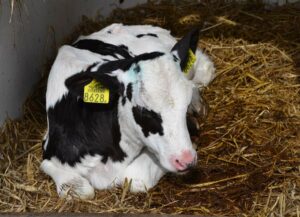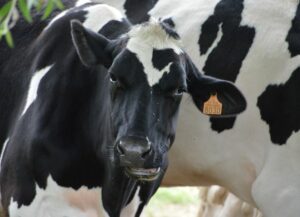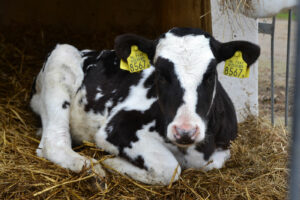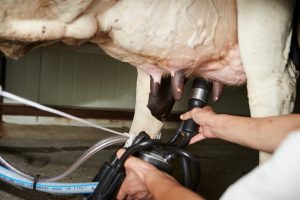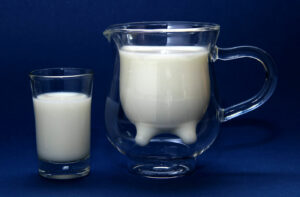Nuria García
Great calcium mobilization at the beginning of the lactation in dairy cows always carries an inherent risk of hypocalcemia, a pathology that has negative consequences on the health and productivity and which can even end in the cow’s death.
The incidence of sub-clinical hypocalcemia is very high, particularly within 24 hours of calving. The evaluation of calcium levels in recently calved cows could then be a useful tool in the farm to reduce the incidence of this metabolic disease, evaluate the effectiveness of preventative strategies and identify cows that need some type of intervention.
Field tests however are not frequently used (compared to methods used in veterinary diagnostic laboratories), even though they have advantages saving time, are not very expensive, and have demonstrated to be relatively accurate in some experiments.
The most accurate test for the diagnostic of hypocalcemia is to measure the concentration of ionized calcium in blood. This method, however, can be costly and requires complex handling since the samples cannot be exposed to air, and the pH of the blood changes, and thus the amount of ionized calcium in the sample. On the other hand, the sample should be refrigerated, and its analysis must be performed quickly.
Water hardness test kits, commonly marketed to test water, have been used as an alternative to the analysis of ionized calcium in blood. Several studies where these kits have been used to detect symptoms of hypocalcemia in cows have shown positive results.
A group of Italian researchers (Fiore et al., 2020) for example conducted a new study to check if these kits could be used on the farm as a fast and cost-effective tool to detect subclinical hypocalcemia. The total blood calcium concentration of recently calved cows without clinical symptoms but at risk of hypocalcemia was measured with a water hardness measurement kit, and the results were compared with a reference method in a veterinary diagnostic laboratory.
The study was conducted on 107 Holstein cows from three commercial dairies in Sardinia, Italy. Blood samples were collected 0 to 7 days after delivery and the total serum calcium concentration was determined using a biochemical analyzer and water hardness measurement kit.
The relationship between laboratory and kit results was calculated using the Spearman’s correlation coefficient by simple linear regression. Sensitivity, specificity, positive and negative predictive values, and intra- and inter-test coefficients of variation were also calculated.
Water hardness kit effectiveness
Laboratory results showed total calcium concentrations ranging from 4.0 to 10.4 mg/dL (mean 8.6 mg/dL), while those with the kit ranged from 5.0 to 10.0 mg/dL (mean 8.6 mg/dL).
The reference method determined that 25 cows had hypocalcemia (total calcium concentration less than or equal to 8.0 mg/dL), while the number of cows identified with the kit was 36.
The authors indicated that the measurements obtained using both methods were significantly correlated showing a linear relationship between the calcium concentrations obtained in the laboratory and those obtained with the test kit.
The sensitivity, specificity, negative predictive value and positive predictive value of the test were respectively 88%, 83%, 61% and 96%, while the coefficients of intra- and inter-testing variation were 7.3 and 11.3% respectively. Tests need to have good specificity while seeking diagnosis, and good sensitivity for screening.
The data obtained in this study reinforces the concept that these kits can be used as a detection tool to monitor postpartum calcium concentrations in a herd and check blood calcium levels after the start of any preventive treatment.
Conclusions
The water hardness measurement kit provides reliable values of total serum calcium concentration, plus it is faster and cost-effective compared to other portable tools. The authors claim that it can be used as a screening test on the farm at the herd level immediately after calving.
However, ionized calcium concentration is a more accurate measure of functional alterations in calcium metabolism in dairy cattle, so it is advisable to use ionized calcium analyzers in specific cases when a higher diagnostic value test is required.
Reference
On-farm use of a water hardness test kit to assess total blood calcium level in dairy cattle. 2020. Filippo Fiore, Raffaella Cocco, Daniele Musina and Nicoletta Spissu. Journal of Dairy Research 87, 56–59.
© 2021 Dairy Knowledge Center. All Rights Reserved.



